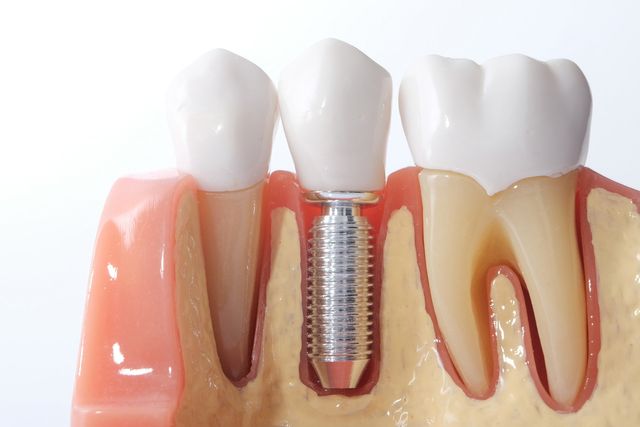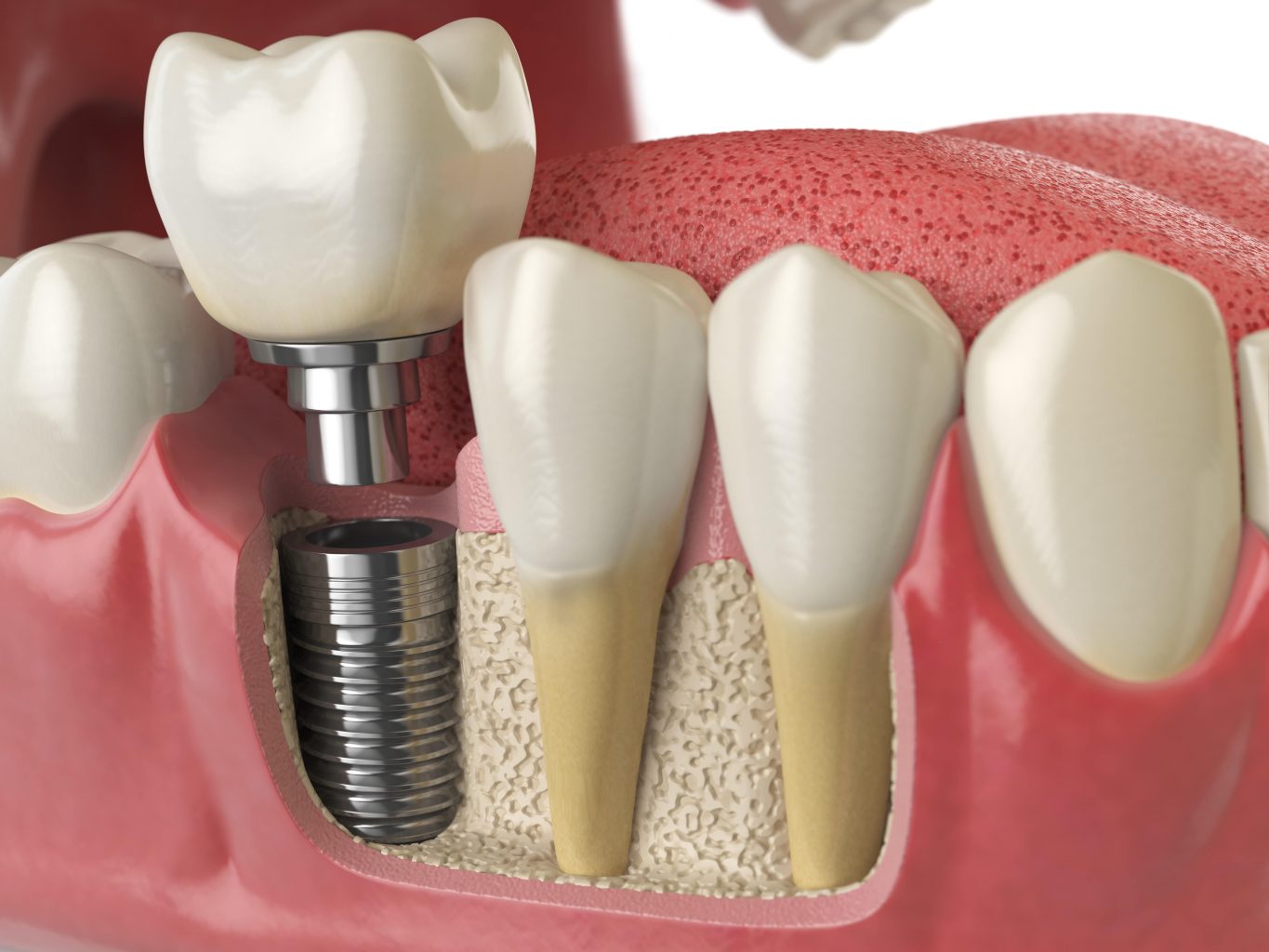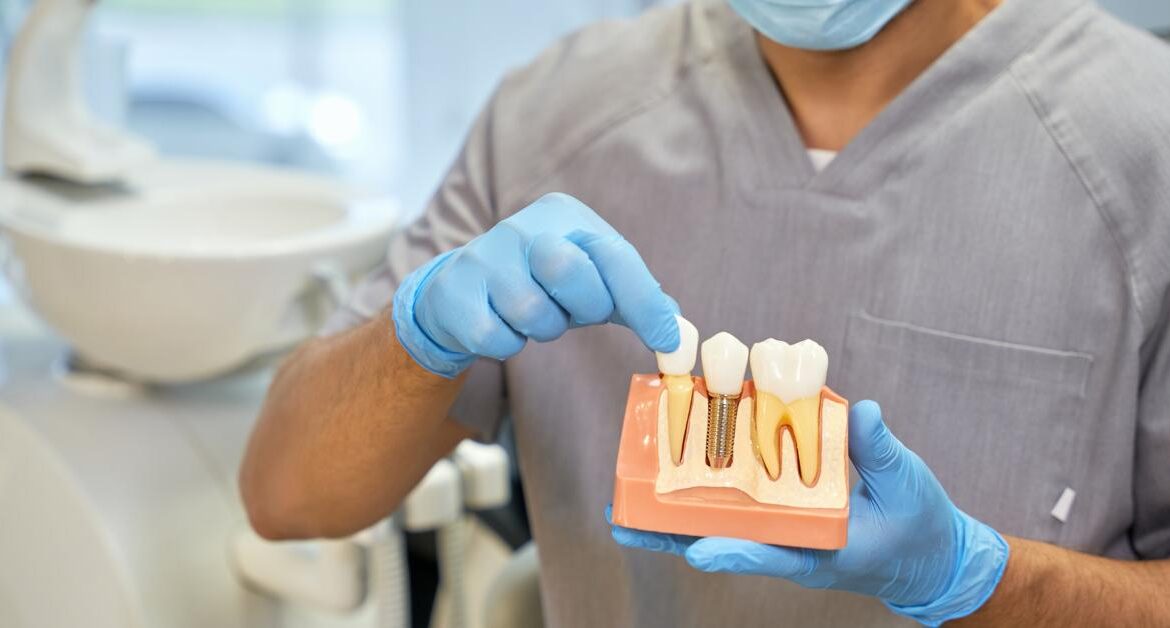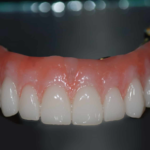Dental implants are designed to last a lifetime with ongoing maintenance and upkeep. With proper care and hygiene, the implant screw itself can last a lifetime, making them a great long-term solution for missing teeth.
Dental implants are an excellent option for those looking to replace missing or damaged teeth. Unlike other options such as dentures, implants are a permanent solution that is designed to last a lifetime with proper care and maintenance. The implant itself consists of three parts, including the screw that is drilled into the bone to support the artificial tooth, the abutment that anchors the screw in place, and the crown or bridge that serves as the replacement tooth.
With regular brushing and flossing, the implant screw itself can last a lifetime, making them a popular choice for patients looking for a long-term solution for missing teeth. However, implants do require ongoing maintenance and check-ups to ensure lasting success.

Credit: www.saveteeth.com
Factors Impacting The Lifespan Of Dental Implants
The lifespan of dental implants depends on several factors, such as oral hygiene, smoking, medical conditions, and the location of the implant. With proper care and maintenance, dental implants can last a lifetime, but patients need to be aware of the risks and complications that come with implant surgery.
Typical Lifespan Of Dental Implants
Dental implants can last a lifetime with proper care and regular maintenance. The implant, which is the piece drilled into the bone, can remain intact for many years. While implant failure is rare, it can happen, and regular oral hygiene practices can help ensure the longevity of the implant.
| Overview of Implant Lifespan: |
| Dental implants are designed to last for a lifetime, but they require regular maintenance and upkeep to ensure their longevity. |
| Long-term success rates for dental implants are high, with many patients experiencing no issues even 20 years after getting the procedure done. |
| However, there are risks and complications associated with getting dental implants, including infection, nerve damage, and delayed bone healing. |
| To ensure the longevity of your dental implants, it is essential to practice good oral hygiene, such as regular brushing and flossing, and avoiding teeth grinding. |
| If you are considering getting dental implants, it’s essential to consult with a qualified dental professional to determine if this is the right treatment option for you. |
When Do Dental Implants Need To Be Replaced?
Dental implants are designed to last a lifetime, but they require ongoing maintenance and regular check-ups. With proper care and regular brushing and flossing, the implant screw itself can last for many years. However, failure may still happen in some cases.
It is important to consult with your dental professional about the specifics of your dental implant.
Dental implants are designed to last a lifetime with proper care and maintenance. However, implant replacement may be necessary in some cases. Reasons for implant replacement include infection, implant failure, damage to surrounding teeth, bone loss, and complications from the implant itself. The frequency of implant replacement depends on individual factors such as oral hygiene, overall health, and the quality of the implant procedure. It is important to have regular check-ups with your dentist to ensure the longevity and health of your dental implants. Maintaining good oral hygiene, regular brushing, and flossing can help ensure your implant lasts for many years. While dental implants do have risks and complications, they can be a preferred option for those seeking a permanent solution for missing or damaged teeth.
Risks And Complications Of Dental Implants
Dental implants are designed to last a lifetime with the proper care and maintenance. However, there are risks and complications involved such as infection, nerve damage, and delayed bone healing. It’s important to weigh these potential issues before deciding if dental implants are the right choice for you.
Tips For Ensuring Longevity Of Dental Implants
Dental implants are a great way to replace missing or damaged teeth. If you have invested in dental implants, it is important to take proper care of them to ensure that they last a lifetime. Here are some tips:
Proper Oral Hygiene
- Brush your teeth twice a day with a soft-bristled toothbrush and fluoride toothpaste
- Floss daily to remove food particles and plaque from between your teeth and implants
- Use an antibacterial mouthwash to kill any bacteria that could cause infection
Regular Dental Check-ups
- Visit your dentist at least twice a year for check-ups and cleanings
- Your dentist will check your implants for any signs of damage or infection
- If you have any issues, your dentist can address them before they become bigger problems
Avoiding Bad Habits
- Avoid smoking and using tobacco products as they can cause damage to your implants
- Do not chew on hard objects like ice or pens as it can damage your implants over time
- Be careful when biting into hard or sticky foods as they can also cause damage to your implants
By following these tips, you can ensure that your dental implants last a lifetime and keep your smile healthy and beautiful.
Credit: www.fountainvalleydental.com

Credit: carrollton-smiles.com
Frequently Asked Questions Of How Long Do Dental Implants Last
How Often Do Dental Implants Need To Be Replaced?
Dental implants are designed to last a lifetime with appropriate maintenance and care. However, it is important to note that the restoration placed on top of the implant may need to be replaced over time. There is no specific time frame for when dental implants need to be replaced.
Will Dental Implants Last A Lifetime?
Dental implants can last a lifetime with proper maintenance and upkeep. The actual implant consists of three parts: the post, abutment, and artificial tooth. Regular brushing and flossing are recommended to ensure its longevity. However, in some cases, implant failure may happen.
Conclusion
To sum up, dental implants are an effective long term solution for patients with missing teeth. With proper oral hygiene and regular check-ups, they can last a lifetime. However, there are some risks and complications associated with the procedure that patients should carefully consider before making a decision.
Consulting with a dental professional is important to determine if dental implants are suitable for your oral health needs and lifestyle. Don’t let missing teeth keep you from smiling, explore your options and find the best dental solution for you.














